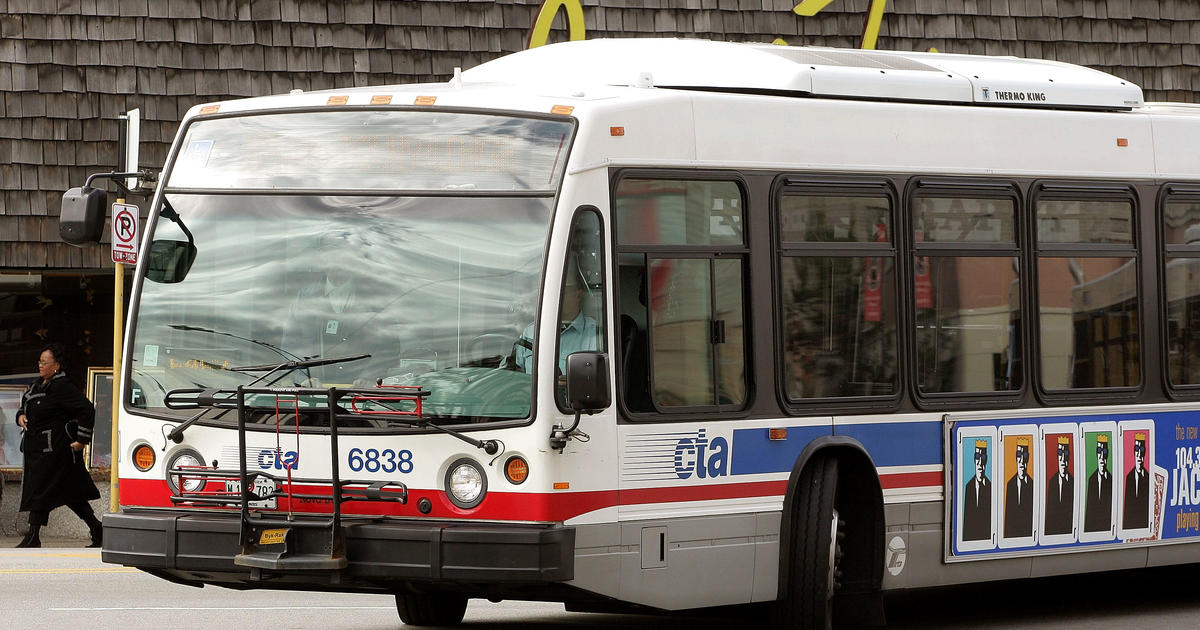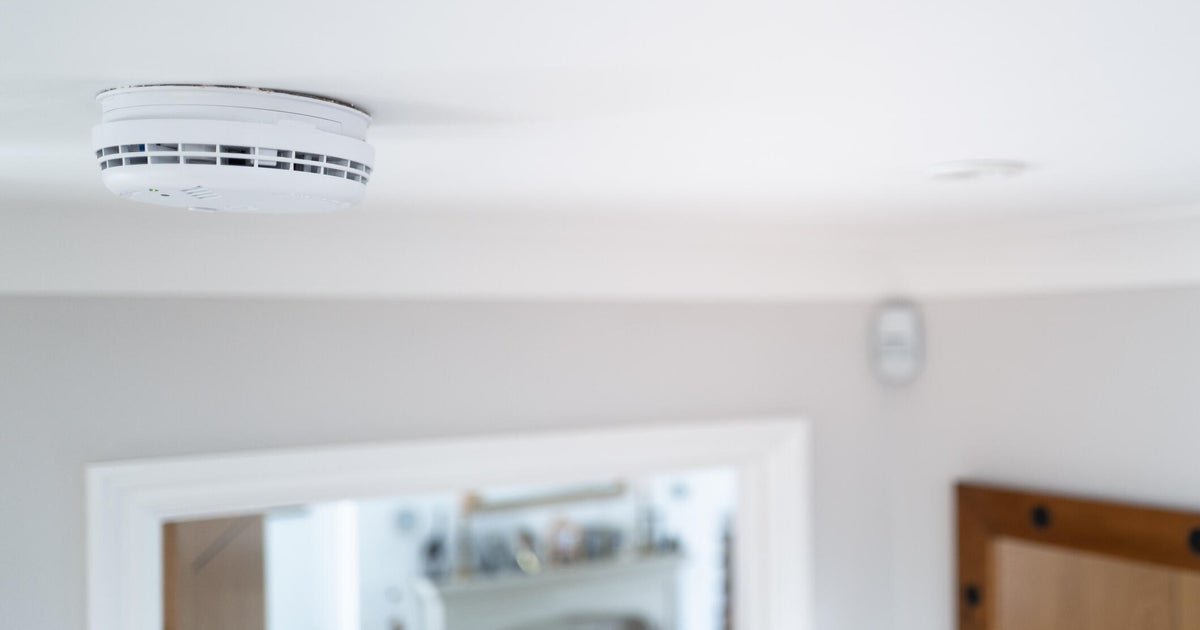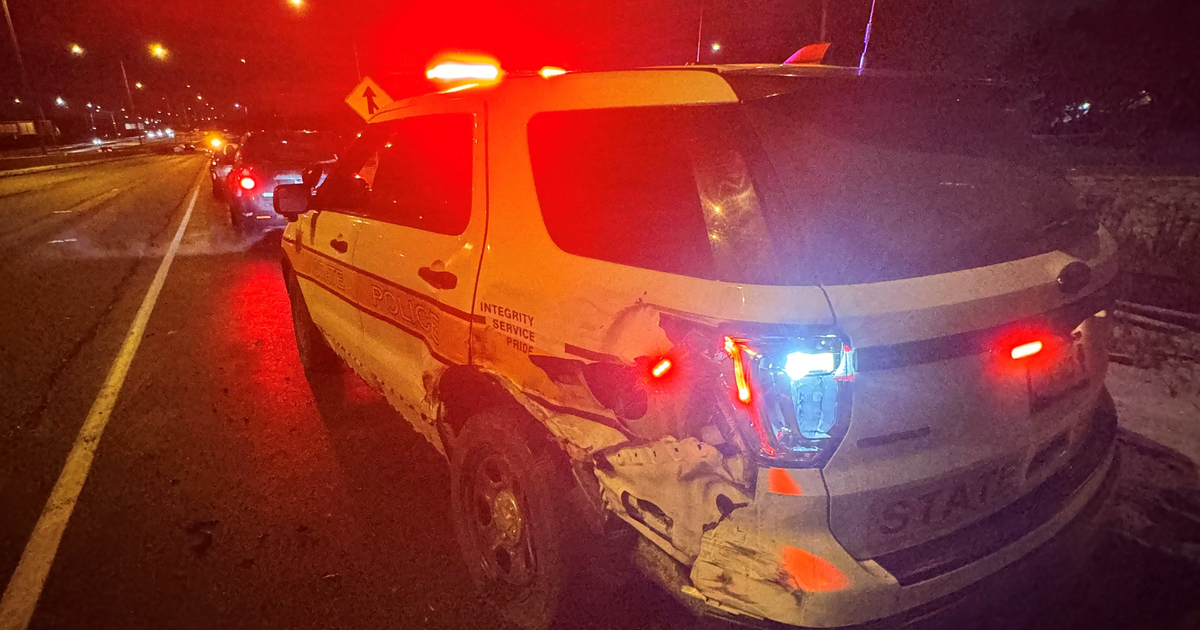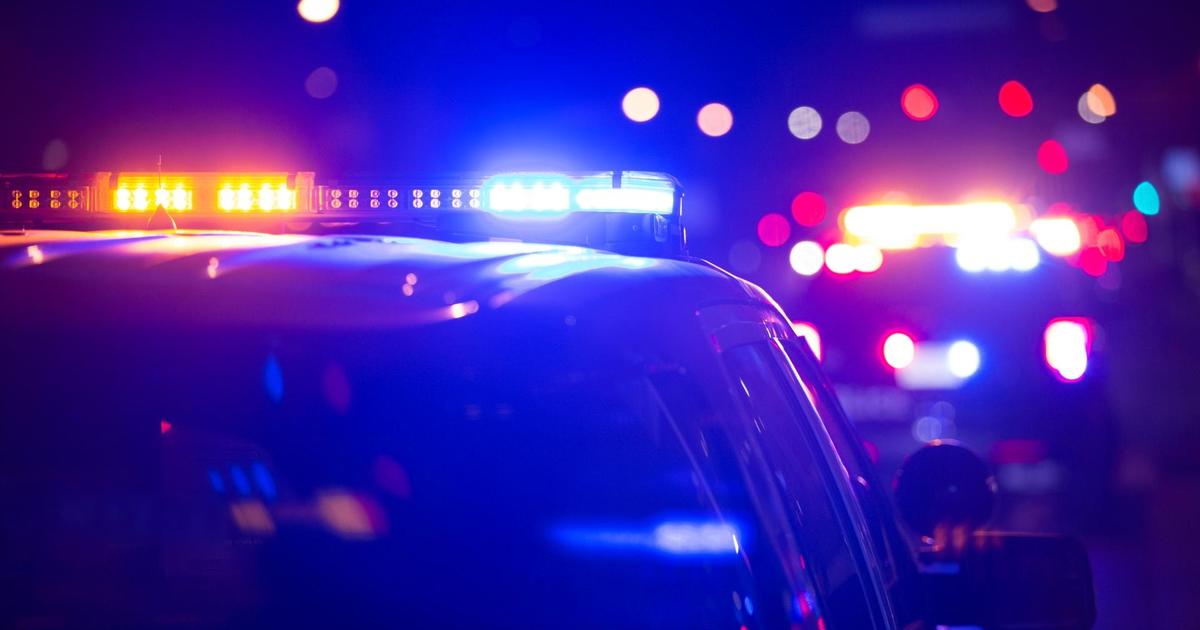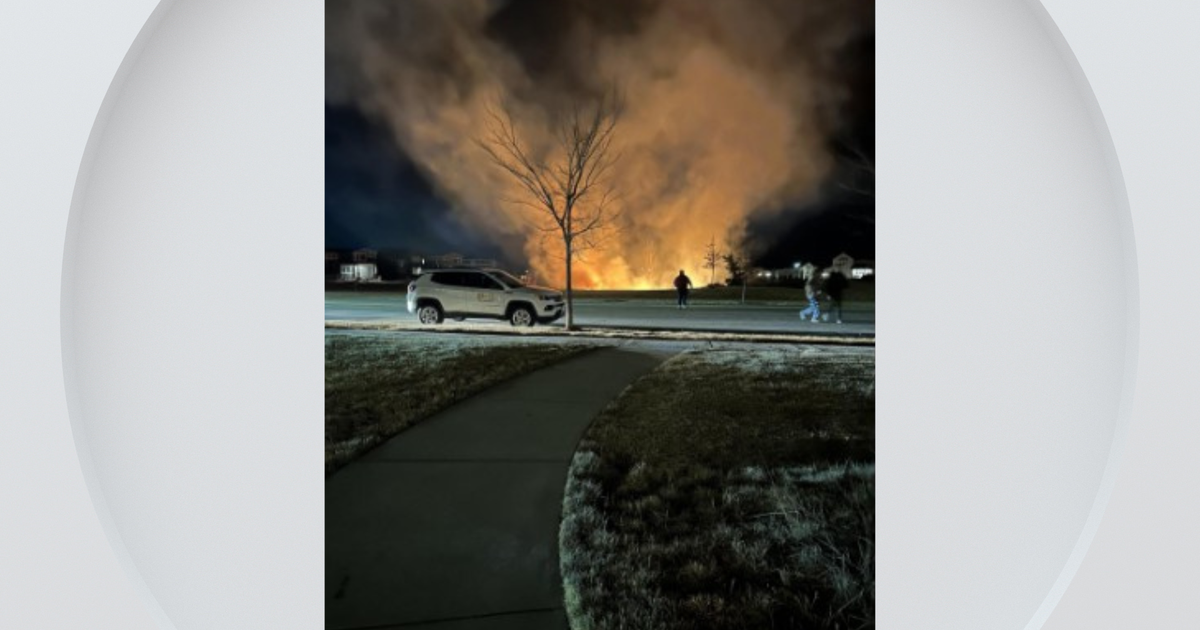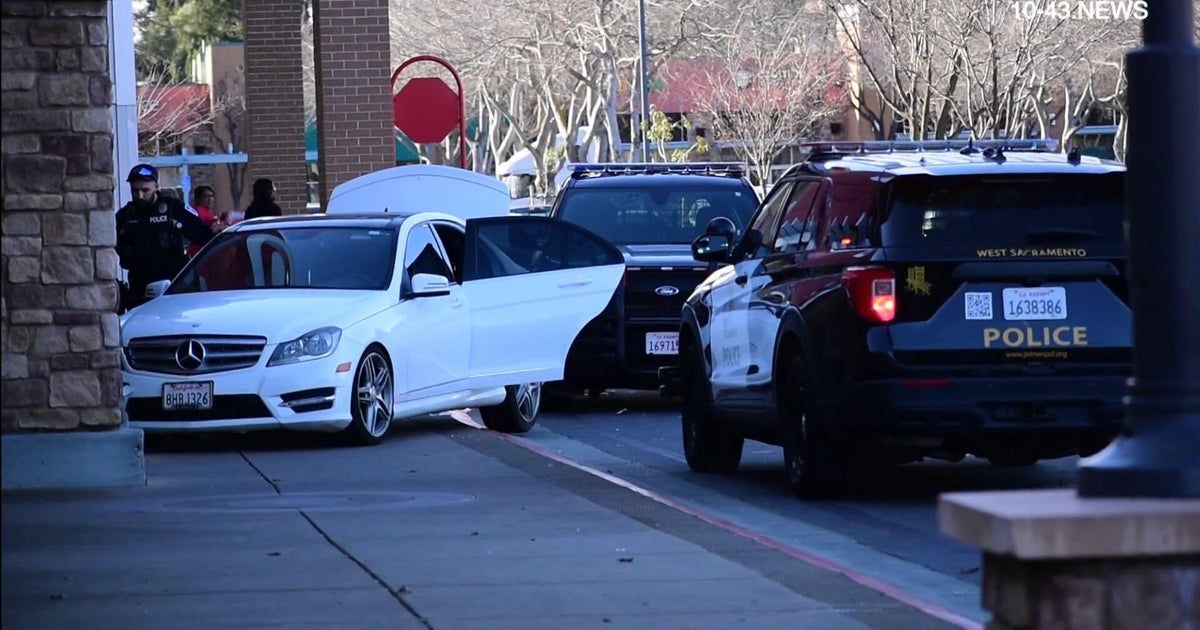Part 3: Redlight Camera Controversy
KYW Regional Affairs Council
"Beware! Traffic Robo-Cops!"
.
By Ian Bush
PHILADELPHIA (CBS) -- A dozen towns in the southeastern Pennsylvania suburbs are now considering whether to install red light cameras, now that they're permitted to join the City of Philadelphia in the enforcement program under an expanded Pennsylvania law (see related story).
And there are impassioned arguments on both sides.
"The T-bone accident, where people have to be taken out of the cars with the Jaws of Life, those are the accidents the cameras are meant to stop," says Chris Vogler, manager of red light enforcement for the Philadelphia Parking Authority. "And they have (been) curtailed drastically in the city."
And there's no better evidence than that in support of red light cameras, he says. And he thinks the arguments against the cameras are meaningless:
"If you just obey traffic laws, the cameras -- whether they're there or not -- will have no consequence on your life."
Except, perhaps, to save it. Statistics from a Pennsylvania Transportation Advisory Committee study found a 66-percent reduction in fatalities at ten intersections in Philadelphia where red light cameras have operated for at least three years.
And crashes that caused injuries dropped by a quarter, according to the research.
But Tom McCarey doesn't buy it.
"Red light cameras increase crashes, injuries, and fatalities because they change driver behavior," he says.
McCarey (right), of Devon, Pa., is a member of the advocacy group National Motorists Association. He shows off a photo (top) of a coupe that sits atop the hood of another car that rear-ended it after McCarey says the driver slammed on the brake to avoid a ticket.
"If you add one second to the yellow, 70 percent of those red light violations go away, and the cameras are unprofitable," McCarey tells KYW Newsradio, "and that's why camera companies don't want to lengthen the yellow."
By far the biggest expense of the program in Philadelphia is for American Traffic Solutions, the company that installs and maintains the cameras.
In the Philadelphia Parking Authority's financial report from the 2011 fiscal year, more than $4.1 million went to cover the equipment costs out of the $13.7 million in violation revenue.
Vogler says the PPA sets the time of yellow lights in consultation with engineers from Penndot (the Pennsylvania Department of Transportation) and the city Streets Department.
Before the legislature expanded the law statewide, the violation money was sent to Penndot; half would return to the city, and the other half would be distributed to municipalities across the state.
Under the new law, Vogler says, an eight-member board will divvy up the take. That's different from how it's done in some other states that use red-light cameras, such as New Jersey, where the ticket money is shared largely between the municipality, its county, and the camera company.
"I see the potential for opponents to have a point when they say, 'Listen, you say this is about safety, but the town has $550,000 in the line item to make this much money for the city or township coffers. It doesn't have the incentive to reduce violations if you're getting a percentage of every violation.' "
McCarey says if put to the voters, red light cameras would be banned. But since broke states see dollar signs, he fears it's only the beginning.
"What they really want are speed cameras, because there's so much more money involved. The insurance companies can add points to your license and charge surcharges that will go into the tens of billions of dollars."
Towns across Pennsylvania now mulling red light cameras will have to consider how the costs align with the potential benefits. The state Transportation Committee report figures that only Pittsburgh "would have the traffic environment necessary to make ARLE [Automated Red Light Enforcement] a sustainable program."
----
Listen to Part 3...

